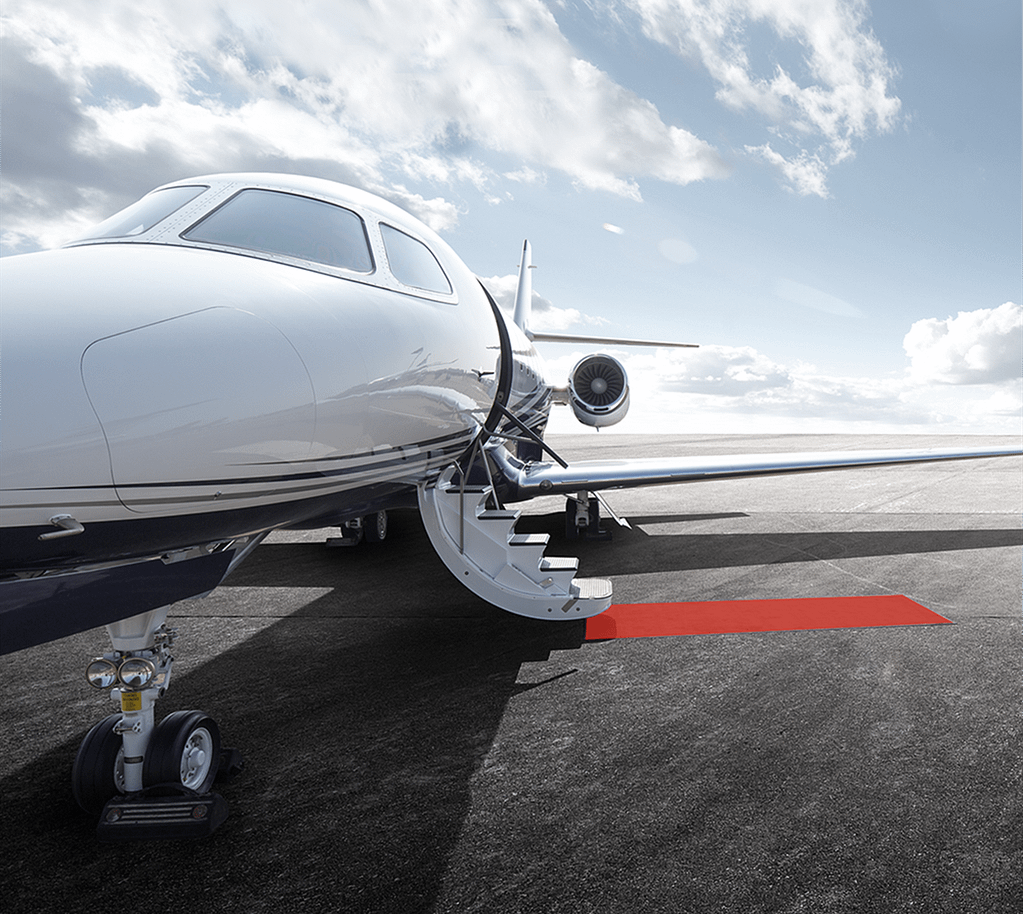Seven Sensible Questions to Ask When Arranging Your Private Jet Charter

Those seeking to charter an aircraft often rely on their own research, or a charter broker’s knowledge, to evaluate the many charter operations and service options available to them. Like any other industry, not all charter operators deliver the same standards of safety and professionalism. To assist charter customers to identify competent operators, here are the charter industry’s established set of qualifications and operating metrics.
1 How long has the operator or broker been in business?
Experience is an important attribute in the aviation industry. An experienced organization will demonstrate and command a more competent understanding of FAA safety regulations as well as the myriad of logistics involved with conducting safe and efficient missions.
2 Has the charter operator or broker undergone an onsite safety audit by an independent third-party organization?
When selecting a charter operator, it is prudent to research the audit history and ratings of the charter operator. Audit ratings may be found through the following third-party safety auditors; International Standard for Business Aircraft Operations (IS-BAO), Air Charter Safety Foundation (ACSF), Aviation Research Group U.S. (ARG/US), & Wyvern. Most brokers and operators will provide an ARG/US Trip CHEQ report or a Wyvern Pass report showing that the flight has met industry standards.
3 Who has “operational control” of the aircraft?
Charter operators and charter brokers can easily be mistaken for one another. Understanding the difference will help provide clarity about who is doing what throughout the charter experience. Charter operators have operational control – charter brokers do not. A charter operator directly manages, maintains, and crews aircraft made available for charter. To be an operator, an individual or organization must earn an operating certificate issued by the FAA. It is a rigorous process designed to provide a reliable operational standard of safety. Charter operators are required to continuously engage with the FAA to have every aircraft and pilot approved before an aircraft is made available for charter. Whether a trip is arranged through a charter broker or directly with an operator, if it’s a legitimate, legal charter, the flight will be delivered on a charter operator’s aircraft – and the charter operator will have “operational control”.
4 Has the operator or broker been listed in any lawsuits or are they currently in litigation?
The past business history of any company can provide valuable insight into the way in which they conduct business. Legal remedies are available for businesses to resolve difficult issues, however, companies with a track record of lawsuits and litigation justify closer scrutiny.
5 What experience do the pilots who will be flying the jet have?
Pilots for a legal charter operator must have at least 1,200 hours of total flight time. It is reasonable to ask the total flight hours of the crew and, perhaps more importantly, how many hours each crew member has in the specific make/model of the aircraft to be chartered. Industry auditors have recommendations about experience levels to look for with an aircraft crew. In addition, it’s helpful to know crew experience when comparing one operator to another.
6 How much liability insurance is carried on the jet?
An accepted industry norm for prospective jet charter clients is a minimum limit of $50 million ($50,000,000) combined single limit, bodily injury to passengers and property damage liability. However, more or less insurance coverage may be appropriate depending on your needs and the charter operator.
7 Can you provide an all-inclusive price quote?
Pricing a private charter trip can be made very simple by asking for an “all-in” price. Many operators will quote a net aircraft price or estimated price. Upon the completion of the trip fees are added, such as; pilot fees, stand-by time, holding pattern or diversion times, parking and ramp charges, landing fees, fuel surcharges, segment fees and a 7.5 percent federal excise tax. An all-in quote divided by the quoted hourly flight time will allow for clear comparison information between various quotes.


